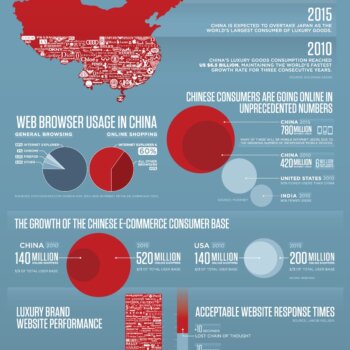How can you spot an overly egocentric leader?
- When there is any press coverage or rewards or recognition, only the leader and/or his inner circle are featured or rewarded. They seldom say Thank You or express Gratitude.
In a more conscious leadership culture, those who deserve the recognition and rewards get them. Those who are hidden and quiet are raised to the awareness of higher leadership and the public. Diversity of opinion and thought is encouraged as a means of betterment. All voices are welcomed, featured and considered.
- They say one thing and then they don’t do it. They say they want help but don’t let anyone help them. They say that something will get done and it doesn’t and there is no reason or follow-up. In fact, when you ask them about it, they become defensive and attack your behaviour and character instead. They always make the other person the problem – never themselves. They play the game of Us and Them. They never tell you in your face; they besmirch your name behind your back.
In a more conscious leadership culture, the leaders say what they do and what they don’t do. If they change an agreement or don’t do something, they explain why. They claim faults. They know they are human.
- A sure-fire way to try to spot one? Critique their leadership style or their action. See how they respond. See how they respond in a public sphere and in a private email to you. For overly egocentric leaders, their responses are usually fast and furious, and they attack rather than respond. They will defend themselves and remind everyone of all their hard work and make sure as many people as possible hear them say this. They call upon God as being on their side. This all implies that in opposition, God is not on your side, that you are not doing anything, and so you have no right to comment on the way they manage.
The conscious leader would listen, breathe, pause, see if there is any truth in any of the statements and ask how to better themselves. They tend to see that there may be something they cannot see or that (God forbid) they may have something lacking in their behavior. There is something that could be done better.
How many of you have seen this in your workplace?





























